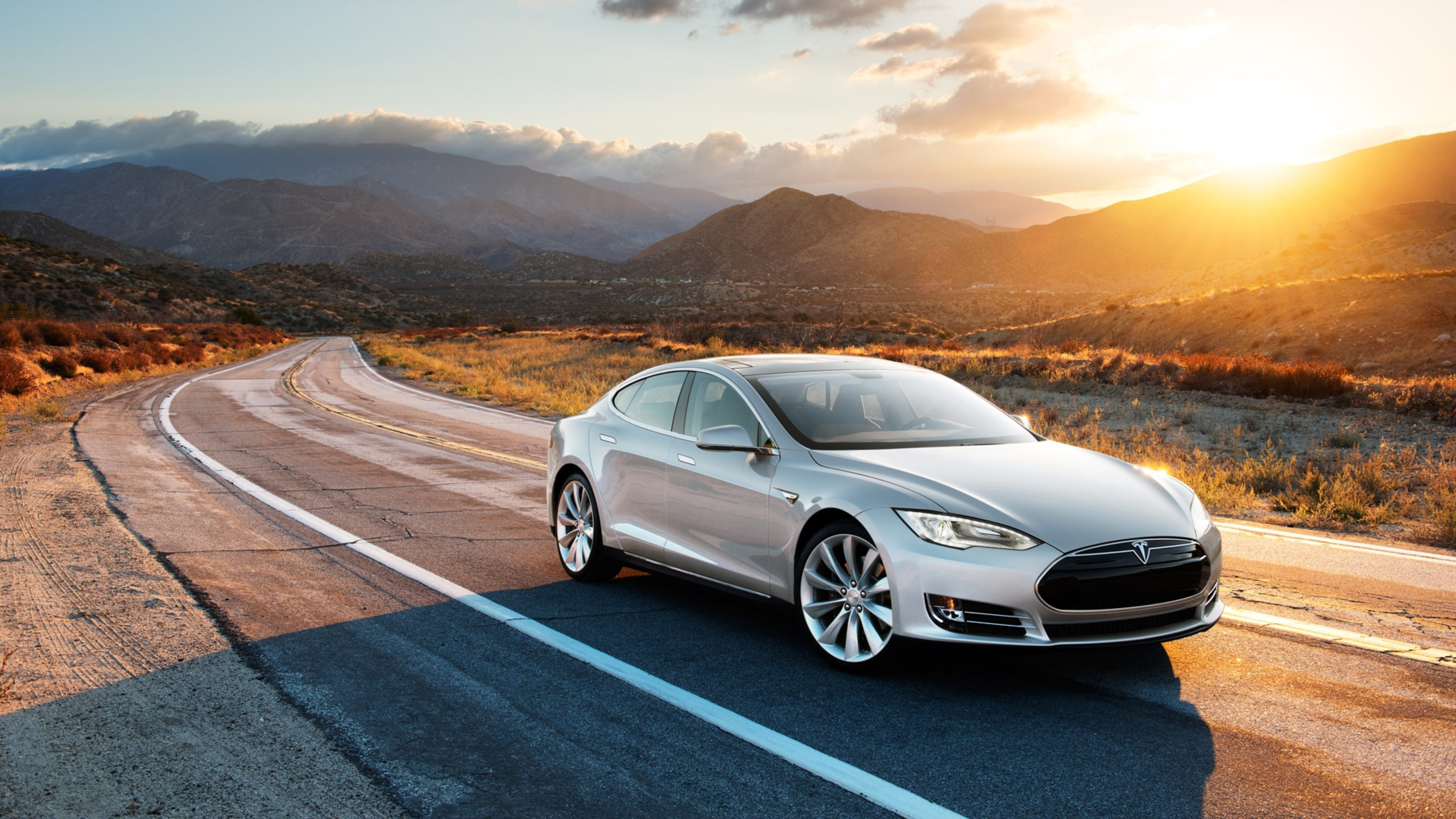
With fluctuating gas prices and a growing focus on leading greener lives, it’s no wonder that an increasing number of Americans are purchasing electric Cars for their daily commutes. These vehicles offer an economical alternative to bigger, less fuel-efficient vehicles and may leave a smaller carbon footprint – but is it the right choice for you?
Sizing up the cost of an electric car
If you’re expecting the purchase of an electric car to have less of an impact on your wallet than the purchase of a gas-fueled model, you’re likely to be disappointed. According to Smart USA, cars in their 2018 model line range from a starting sticker price of around $23,000 up to $29,000 for a convertible. That puts the base model price well below the all-electric Chevrolet bolt EV, which starts at over $36,000, but on par with Mitsubishi’s i-MiEV at just under $23,000.
Conversely, most auto manufacturers offer gasoline-powered sub-compact sedans at a lower starting price than electric cars. According to Edmunds, models such as Nissan’s Versa start at just under $12,000, while the 2018 Hyundai Accent tops the list of low-cost vehicles at around $15,000.
However, available tax credits will make the purchase price of some base-model electric vehicles comparable to their gasoline-fired cousins. Smart USA lists the federal tax credit for its Pure coupe at $7,500, resulting in a sticker price that is closer to Hyundai’s Accent sedan.
Comparing fuel economy to miles per charge may no longer tip the scale in favor of electrics either. Smart USA reports 58 miles to a charge for the Pure model, while Hyundai’s similarly-priced gas-powered Accent has a combined mileage of 31 miles to the gallon. That means you’ll be stopping to charge for every two gallons of gasoline you’d have to buy.
Where electric cars strongly differ is in size. In 2018, Smart USA’s Pure model stretches in at a length of just over 106 inches, while Chevy’s Spark, the shortest in the sub-compact class, measures up 143 inches lenth. Shaving off the extra few inches puts the Pure in far more tight parking spaces and greatly simplifies parallel parking, great amenities for city driving.
Cutting insurance costs for your smart car
When it comes to insuring your electric car, you’re likely to pay more here as well. When comparing gas-powered models with their all-electric counterparts, you’ll find that premiums routinely run higher when you ditch the fuel tank. Higher repair costs associated with expensive battery systems and the need for specially-trained mechanics are to blame.
Given the higher costs, there are several things that affect your premiums that you might want to consider before buying and insuring your Smart Car. These things include:
- Driving history: If you’ve had accidents in the past, speeding tickets, and other moving violations, your insurance is likely to be higher.
- Credit score: In some cases, your credit score is used to predict if you’ll file a claim. A lower credit score might net you a higher premium.
- Address for home and work: Where you park your car can have a big impact on your insurance rates, as premiums differ by state.
- Age of vehicle: As to be expected, an older car won’t be worth as much as a brand new vehicle, so premiums will be higher for your new electric vehicle.
The good news is, if your credit score and driving record are outstanding and you live and work in a low crime area, you’ll receive the most competitive insurance rates when purchasing an electric vehicle.
To get the lowest rates, look for models with advanced safety features that insurance companies often award with premium reductions. Chevrolet, for example, offers OnStar emergency and stolen vehicle assistance standard on even base model Bolts. The Nissan Leaf comes with traction control, six standard airbags and Electronic Brake force Distribution (EBD).
If you are thinking about purchasing a smart car or recently have, fill out our simplified application to receive comparison rates on electric car insurance quotes.